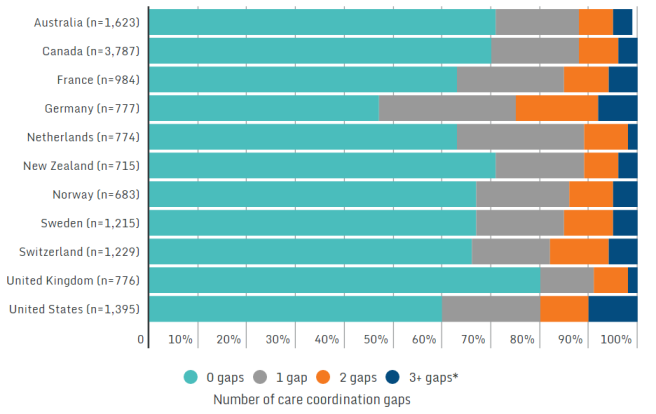This chapter is all about supporting managers, mentors, JCP advisors, training providers and colleges to provide training and guidance to individuals who are interested in a career within the health sector, or who want to progress their current career in the health sector | Ambition London Toolkit
The chapter is broken down into smaller sections:
- Section 1 – Confidence Building
- Section 2 – Job and Programme Search Skills
- Section 3 – Applying for a Job in the Health Sector
- Section 4 – Continuing Professional Development
- Section 5 – Planning for Success
- Section 6 – Developing Mentor Skills
- Section 7 – Advanced Learning Loans
- Section 8 – Career Maps
The full toolkit is available here



